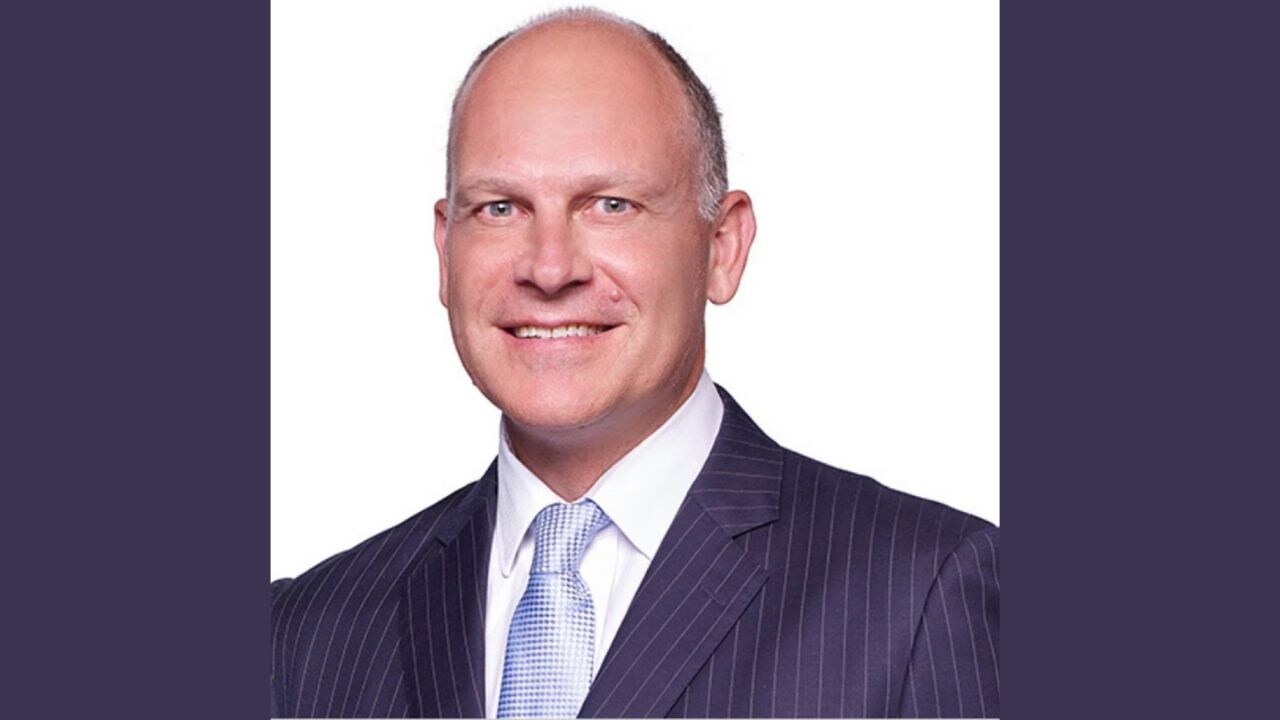Tata Group-owned Air India, under the leadership of Campbell Wilson, has made remarkable strides in its turnaround journey, managing to significantly reduce its losses in the fiscal year 2024. The airline reported a loss of ₹4,444 crore for FY24, a substantial 60% reduction compared to ₹11,387 crore in FY23, shortly after its privatisation in 2022. This progress marks an important milestone in the airline’s long-term transformation plan.
In an exclusive interview with CNBC-TV18 Campbell Wilson emphasised the scale and complexity of Air India’s recovery, describing the merger and turnaround as “the Everest of corporate turnarounds.”
The CEO acknowledged that while the journey toward profitability is still ongoing, the progress made in just over two years has been significant.
“The investment that we’re making in turning around Air India is significant. It will take some time to turn around the airline from a financial perspective, but I think if you look at our reports, we are making very, very good progress,” Wilson shared.
He also pointed out that the airline had always anticipated a minimum five-year timeline for the turnaround. This expectation, he said, was based on the immense scale of the challenges involved in revitalising the airline.
“There was a reason why we said that it will be a five year turnaround. There was a reason why the economists said that it was the Everest of corporate turnarounds. I think what we’ve achieved in a little over two years is significant,” Wilson continued “It’s certainly not finished—there is still work to do. We’re as impatient as anyone to see the turnaround completed, but significant progress has been made.”
Air India’s ambitious restructuring has involved a comprehensive overhaul, including a major merger of its subsidiary airlines, Vistara, AIX Connect (formerly AirAsia India), and Air India Express. These integrations have come alongside efforts to modernise the airline’s fleet, improve service quality, and enhance its operational infrastructure. Wilson expressed confidence that, despite the challenges, the airline is on the right path.
On the journey to profitability, Wilson conveyed optimism about meeting the expectations of shareholders and customers.
“There are expectations from shareholders as well as customers, and we feel that there’s a good path forward. We are as impatient to realise those ambitions as much as the customer’s ambitions. So still work in progress,” Campbell said.
Wilson also addressed the competitive dynamics within the aviation sector, particularly when it comes to pricing and maintaining profit margins. He referred to a recent IATA report highlighting how airfares globally, including in India, have dropped significantly relative to inflation and oil prices.
“The competitive dynamic of aviation and the market will mean the air fares will remain affordable. And of course, we want to fill our planes, so there’s always going to be a benefit to the customer in that respect,” Wilson added.
The CEO is optimistic about Air India’s future, and despite the challenges, Wilson remains confident that the airline will achieve its long-term goals, reaffirming the commitment to improving both its financial health and improving customer experience to become a key player in the global aviation industry.
